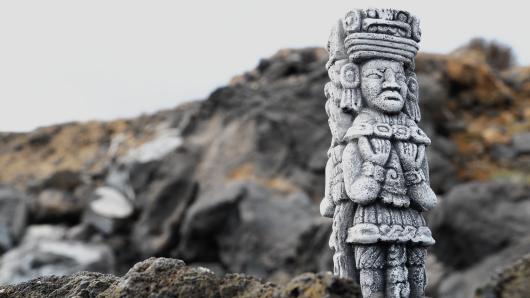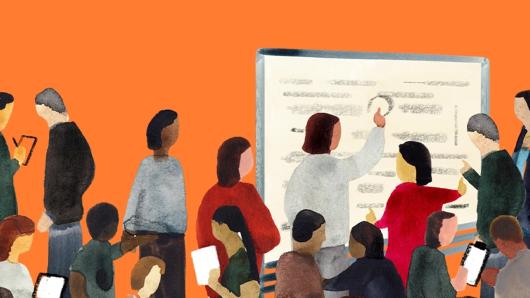Course description
Food and eating are not just necessary for life, they are the basis of culture. Through selection, ingestion, and digestion of food, we make the outside world a part of us, and food and its associated practices have long nourished the discipline of anthropology. This course applies a comparative, anthropological lens to the study of food by examining the connections between what we eat and who we are. Through readings, lectures, and hands-on experiences, we explore the production, distribution, and consumption of food in a range of cultures and contexts. From Tokyo tuna auctions to Atkins diets, eating insects, and dumpster diving for dinner in Portland, the course addresses the ways food shapes our relationship to the environment and the people and institutions around us. Questions we consider include: what can, cannot, and should not be eaten? How does food contribute to the construction of gender, class, race, and ethnic identities? We also interrogate changes to food systems, how industrial diets affect lives and livelihoods, and the intersection of food activism and social justice. While engaging with debates that animate the anthropological study of food, students draw on readings and apply empirical methods to conduct research on a dimension of their own foodscape.





